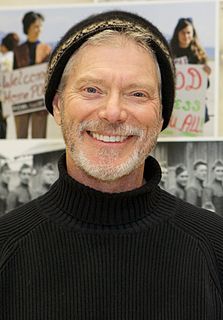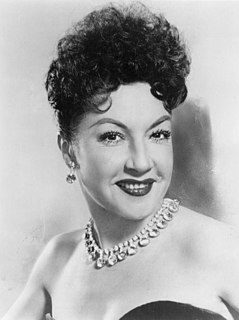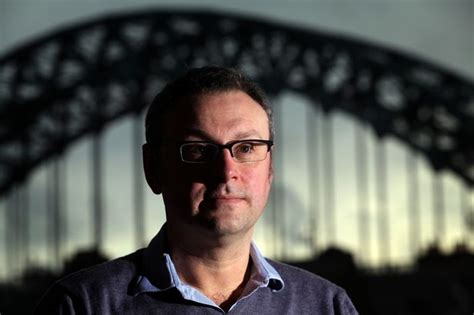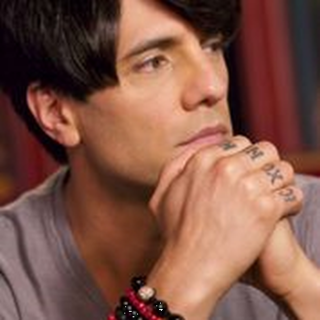A Quote by Katherine Moennig
Stage is about imperfections and working with them, whether it be from you or the audience.
Related Quotes
You see, what is my purpose of performance artist is to stage certain difficulties and stage the fear the primordial fear of pain, of dying, all of which we have in our lives, and then stage them in front of audience and go through them and tell the audience, I'm your mirror; if I can do this in my life, you can do it in yours.
You see, what is my purpose of performance artist is to stage certain difficulties and stage the fear the primordial fear of pain, of dying, all of which we have in our lives, and then stage them in front of audience and go through them and tell the audience, 'I'm your mirror; if I can do this in my life, you can do it in yours.'
Normally classical music is set up so you have professionals on a stage and a bunch of audience - it's us versus them. You spend your entire time as an audience member looking at the back of the conductor so you're already aware of a certain kind of hierarchy when you are there: there are people who can do it, who are on stage, and you aren't on stage so you can't do it. There's also a conductor who is telling the people who are onstage exactly what to do and when to do it and so you know that person is more important than the people on stage.
I didn't have traditional stage fright. If there was 500 people in the audience or three people in the audience, it didn't really make a difference. What made a difference was the conductor. Everything that I was scared about as a drummer was him. It was his face. It was whether or not he'd approve of my playing.
On some level, acting is the art of pretend, and you have to have a highly cultivated sense of imagination. You have to be able to see things that aren't there, no matter what aspect of acting, whether it's green screen, whether it's on stage, whether it's anything else, whether you're working on the radio.
On some level acting is the art of pretend and you have to have a highly cultivated sense of imagination. You have to be able to see things that aren't there no matter what aspect of acting, whether it's green screen, whether it's on stage, whether it's anything else, whether you're working on the radio.
Whether you are a writer, or an actor, or a stage manager, you are trying to express the complications of life through a shared enterprise. That's what theatre was, always. And live performance shares that with an audience in a specific compact: the play is unfinished unless it has an audience, and they are as important as everyone else.
Whether you are a writer or an actor or a stage manager, you are trying to express the complications of life through a shared enterprise. That's what theatre was, always. And live performance shares that with an audience in a specific compact: the play is unfinished unless it has an audience, and they are as important as everyone else.

































